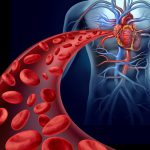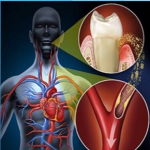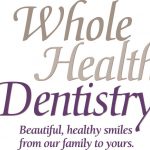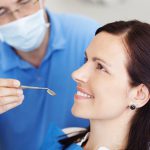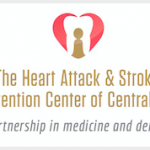
Dr. McGlennen: There is consensus within the medical and dental community that periodontal bacteria contribute to the initiation, progression and prognosis of cardiovascular disease. From key studies, including prospective, retrospective and even meta-analysis studies, persons with untreated periodontal infections have up to a 20% increase in their risk of coronary vascular disease.1 The multiple of risk for stroke (1.74-2.85 fold) and peripheral vascular disease (1.41-2.27 fold) is equal or...
Read More



